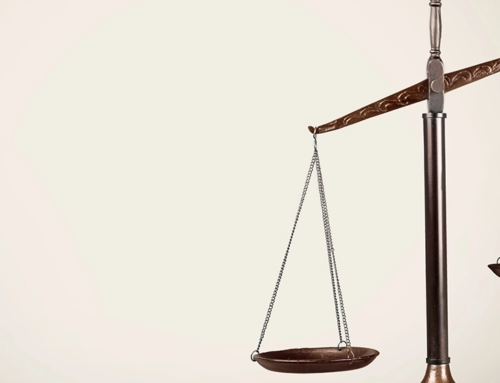PART 1 – WHAT IS POWER OF ATTORNEY ?
PART 1 – WHAT IS POWER OF ATTORNEY ?
Power of Attorney (“POA”) is a legal document that allows an individual (“Donor”) to appoint another individual (“Donee”) in order to authorize the Donee to act on behalf of the Donor in any dealings such as land, property, shares and etc. POA is commonly used by the parents to authorize their children to act on their behalf in any dealings related to their properties especially when they are no longer be able to handle it by themselves due to sickness, age, unsound mind and etc.
There are two types of POA where the Donor and Donee can choose – revocable and irrevocable. A revocable POA means the Donor may cancel the POA granted to the Donee without the Donee’s consent. How to revoke a revocable POA? We refer to Section 5 of the Power of Attorney Act 1948 which provides few circumstances where the POA may be revoked as follows:
- Notice in writing of the revocation by the Donor or renunciation by the Donee has been deposited in the office where the POA was deposited;
- The Donor or Donee has died;
- The Donee has become of unsound mind;
- The Donor has been adjudged to be of unsound mind; or
- A receiving order has been made against the Donor in bankruptcy
On the other hand, an irrevocable POA means it cannot be revoked and it will continue to take effect even after the death of the Donor. We refer to Section 6 of the Power of Attorney Act 1948 which states as follows:
Where a power of attorney is given for valuable consideration and is expressly stated as irrevocable in the Power of Attorney instrument, the power of attorney shall not be revoked even with the death of the donor. Therefore, for a power of attorney to be irrevocable, two elements need to be present: (1) must be for valuable consideration; and (2) must expressly be stated as irrevocable in the power of attorney document.
The Donor may specify the duties and obligations of the Donee in carrying out his duty on behalf of the Donor. For instance, in the POA, a Donor may allow a Donee to conduct certain transactions which involves property without obtaining the Donor’s signature or agreement, as long as the transaction is completed within the powers specified under the POA.
It is noteworthy that the POA does not render Donee the ownership of the property. It merely authorize the Donee to manage the property on behalf of the Donor. A POA is a powerful legal document. Henceforth, it is advisable that the drafting of a POA shall be as specific as it can.



















